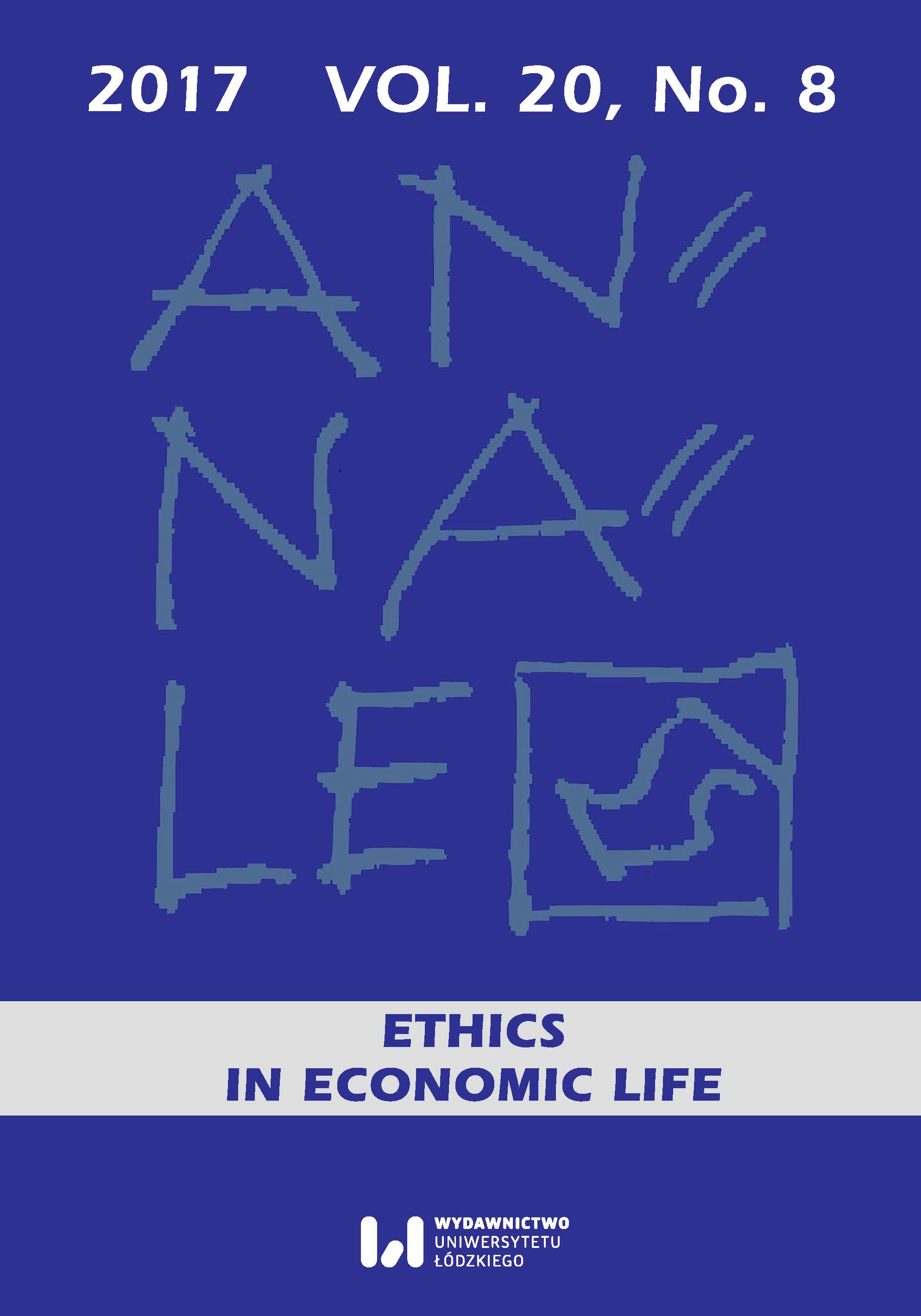The feminisation of precarity Poland compared to other countries
The feminisation of precarity Poland compared to other countries
Author(s): Dominika PolkowskaSubject(s): Rural and urban sociology, Business Ethics
Published by: Wydawnictwo Uniwersytetu Łódzkiego
Keywords: precarity; feminization; dual-market theory; Post-Fordism
Summary/Abstract: Precarity applies to people who, in order to survive, need to work in a low-quality job, which is uncertain, temporary, low-paid, with no prospect of promotion, no security and no contract. In this sense, the precariat is a category related mostly to the secondary segments of the labour market according to the concept of the dual labour market. It is also the universal feature of Post-Fordism and the modern working conditions in which women, more often than men are located in the “worst” segment of the labour market. In this context, it is worth noting that since the beginning of the era of globalisation, women have mostly worked in the sectors more uncertain and unstable e.g., in the service industries and trade. It has been feminisation in a double sense of the word: there have been more and more working women, on the one hand, and on the other hand, women have usually taken the flexible jobs. Most of these jobs are precarious work. Precarity combined with job insecurity and low wages leaves the workforce in this group unable to plan for their future or afford a decent life. This article attempts to prove that the threat of precarity is more probable for women than men. This claim is supported by the OECD and Eurostat data on precarity for Poland and other European countries.
Journal: Annales. Etyka w Życiu Gospodarczym
- Issue Year: 20/2017
- Issue No: 8
- Page Range: 119-135
- Page Count: 17
- Language: English

